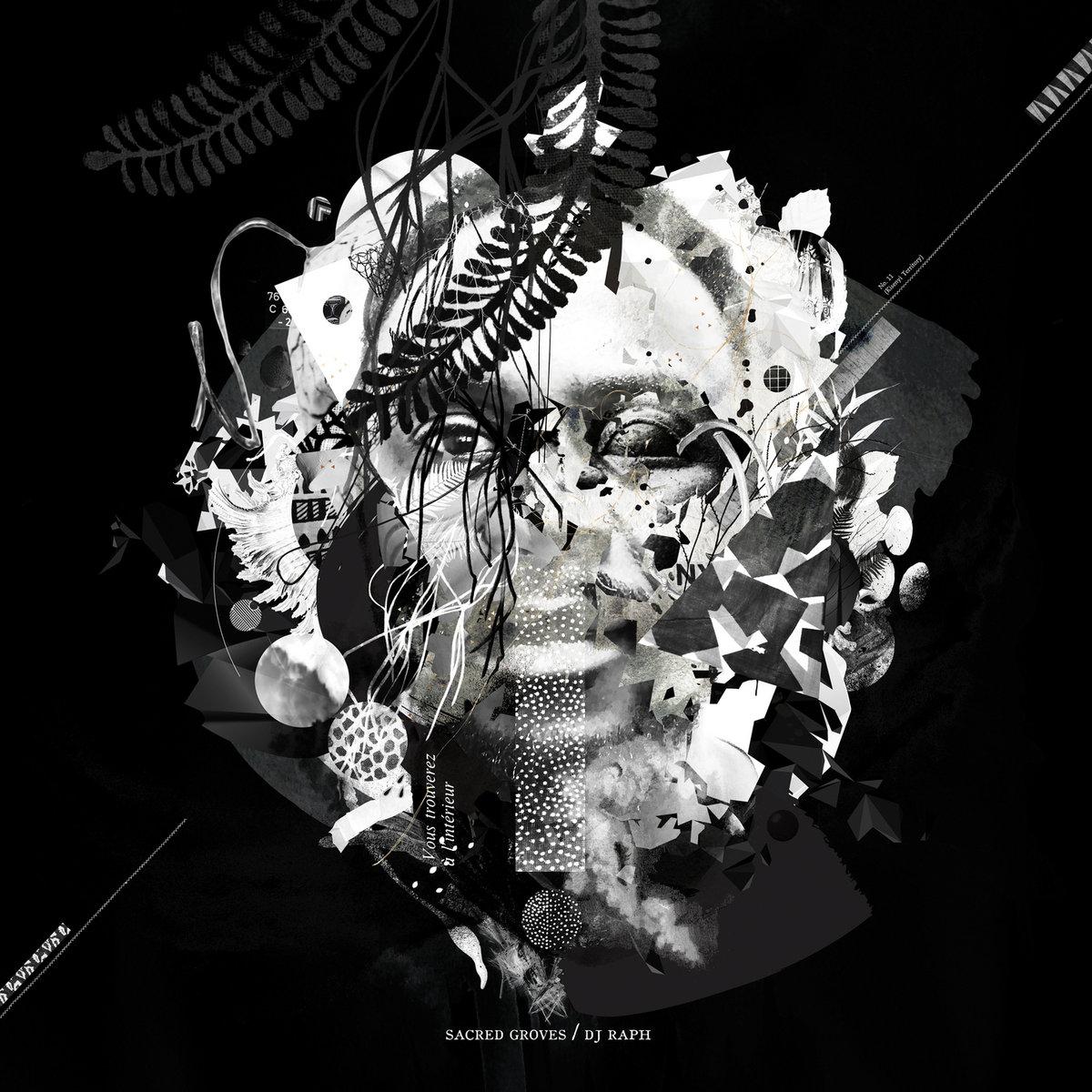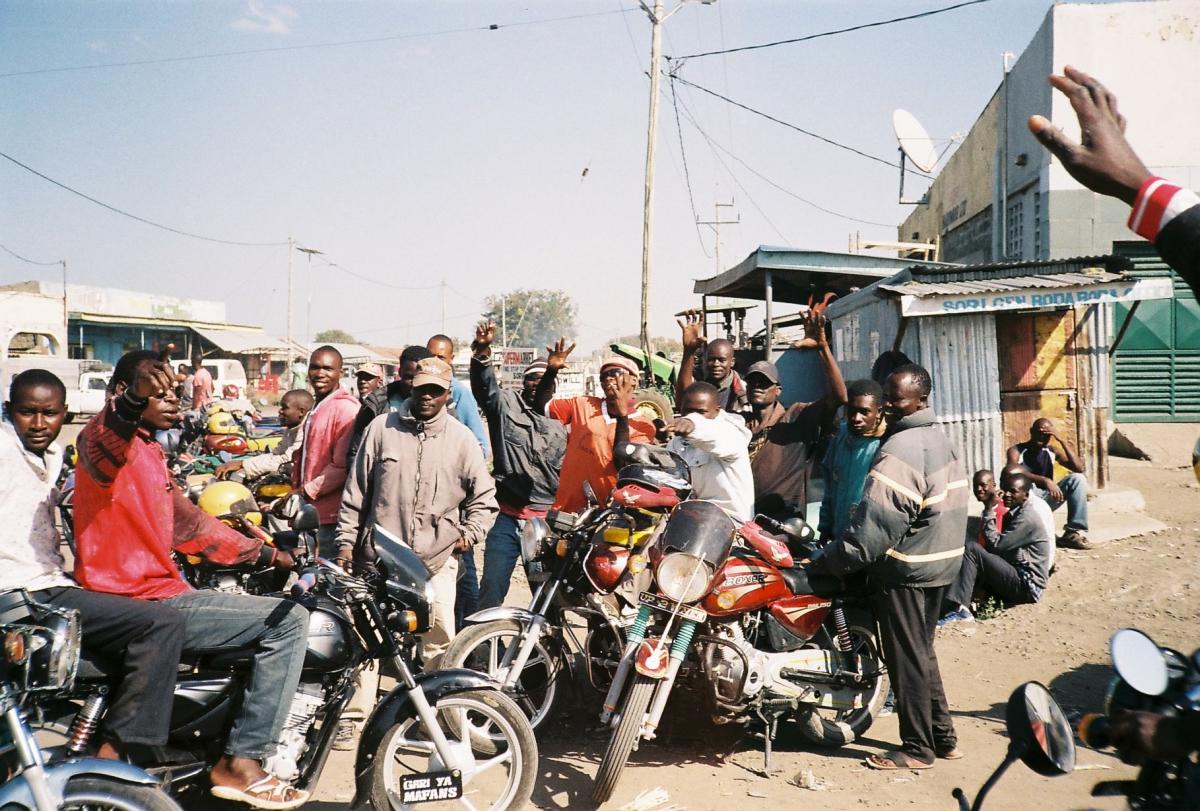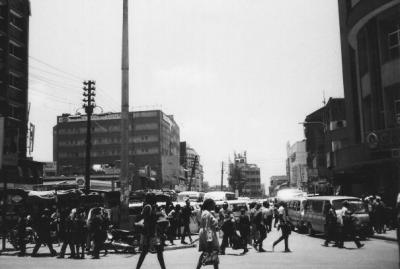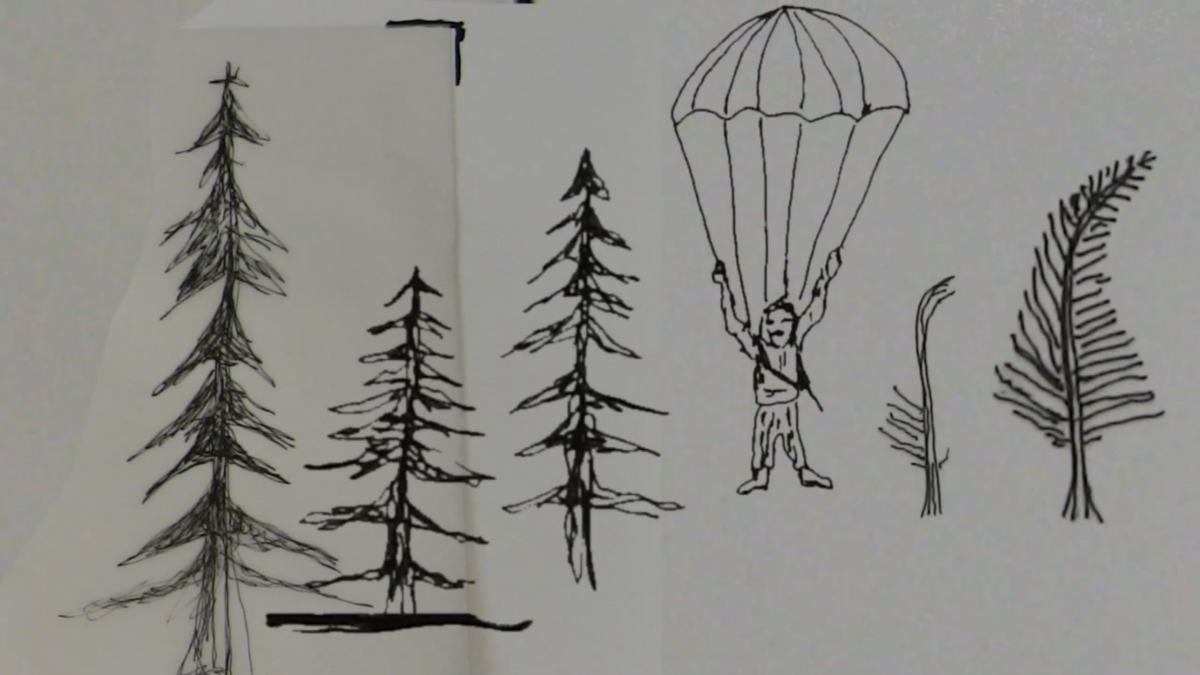
Surrounded by Borders
David Oppenheim is a drummer, visual artist, and runs a label for extreme music based in Tel Aviv. He talks about the difficulty an Israeli artist faces when trying to balance art and activism. Musicians in neighboring, but closed off, Lebanon know this difficulty, too. From the Norient book Seismographic Sounds (see and order here)
David Oppenheim, aka David Opp, works with a variety of media and instruments: drums and vocals, video, painting, sculpture, and interactive electronics. He is based in Tel Aviv.
[Thomas Burkhalter]: Hello, David. I’m calling you from Bern.
[David Oppenheim]: You are Swiss! I was snowboarding in the Alps. It’s the most amazing place. You are at the top of the world. The air is so clean.
[TB]: Yes, we are fortunate. Do you think you would be the same artist if you lived here?
[DO]: My focus would probably change. I would still watch politics on TV, or would get angry about TV commercials. But in Israel you live in the middle of things. I teach broadcast design in Haifa, and I hear people talking about war and violence on the train. In Tel Aviv, I hear people calling African refugees black rapists. I teach in Jerusalem, too, and I see that fucking wall all the time. It is insane. I see the crazy religious extremists. It has had a big impact on me as a person.
[TB]: How do these topics manifest in your music and art?
[DO]: There is so much about human nature that is frustrating, troubling and disturbing to me – here in Israel, especially. So, these become my topics: the occupation of Palestine, human rights issues, and capitalism. I feel we are running around in a maze, without taking the time to stop and ask ourselves: Who are we? What are we doing?
[TB]: I’m interested in how place still influences music and art in our digitized world. I researched this topic in Beirut for over a year.
[DO]: In Beirut? I would love to do research in Beirut as well! It looks like a dream in a very distant future though. What did you find there?
[TB]: There is a growing number of musicians who try to build a strong local scene (with labels, festivals, clubs) and also branch out internationally through their specific transnational niche networks of rock music, punk, rap, and experimental music. I avoided talking about war and conflict at first and focused on music. But some musicians started mentioning the impact of the Lebanese Civil War (1975-1990) on their work. Then, during my stay, the 2006 war between Israel and Hizbullah broke out. It influenced our interviews.
[DO]: I remember this piece that one guy did playing a trumpet, with recordings of the Israeli Air Force.
Paralyzed by the War
[TB]: Yes, that’s Mazen Kerbaj. He stood on his balcony and recorded himself and the bombs dropped by Israeli fighter jets. Kerbaj uploaded the piece («Starry Night») to the Internet, became known internationally, but he was criticized locally. He lives in an area of Beirut that was not being targeted and he knew the bombs would not fall on him. Some said he used war to promote himself. I think one should not judge too quickly.
[DO]: I agree. When there is war, like in summer 2014 in Gaza, I can’t think, I’m paralyzed. It would not be fair to sit in my studio thinking about sounds, shapes, sizes and aesthetics while kids are dying. It just feels very wrong. So, I can’t really do anything but go to protests, share my view via social media, or argue with people. Doing that also allows me, to a certain extent, keep the subject of war and violence out of my art.
[TB]: In Beirut musicians said similar things. Kerbaj would not record this piece again. He told me months later that he had been under emotional stress and had to do something in order to stay sane. Other artists also created pieces that under normal circumstances they would not have created. They didn’t think that these pieces were very strong. It’s a difficult question: How can one deal with war and violence artistically?
[DO]: I kind of created some activist intervention pieces, too, with graffiti and pasted collages in public space, or I would end a lecture with some sort of manifesto. I had googled «occupation» and «terror» and created a video with this found footage, adding the sentence «the occupation is the mother of terror». As a musician and artist, however, I don’t want to put hardcore violence in front of the listener and viewer. There is a saying in Hebrew «making profit of someone else’s blood». So, I normally shy away from shock value. It is also difficult not to be cliché or oversimplified.
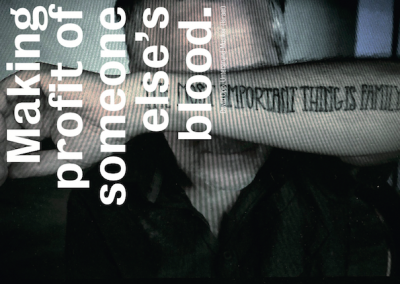
[TB]: Did war and violence enter your music in some way?
[DO]: It is in there in different ways. I feel that it’s deeply embedded in the lyrics of songs from my band Shalosh Hail from the late eighties – even though I remember clearly saying to my band members «Let’s try to make it as non-political as possible». In my duo bARBARA we sometimes choose sarcasm. For example, in «The Philosopher under Pressure» we used a slogan we found on a sticker of a car. The lyrics were: «We will not give up, we want another war, we are the chosen ones, we will never surrender, we will win, we were born to live here.» Other examples of my music addressing violence or war include songs like «On Wheels». It is about a soldier committing suicide in a military prison. It was written around 1995. Ten years earlier, this soldier and I got into military prison on the same day. He was totally depressed. I tried to encourage him, but I guess it didn’t work. An ambulance came in the middle of the night. Later I heard he hung himself. Another one is the song, «Hot-Dog» about a bombing that I witnessed when I was fourteen. Cadaver Eyes, my one-man band, has a track called «Internal Organs are Hanging from the Outside» which is from a headline after a bus explosion. Then there is the Balata We are all Terrorists album where we mix nursery songs with sounds from military units operating in the West Bank – the latter taken from Breaking the Silence testimonials.
Subversive Repetition
[TB]: How would you describe your approach for the video and song «Sakata Helicobtir?»
[DO]: I think in my music I aim to find what Erich Fromm describes as an appropriate disobedient voice while also keeping an eye out for the power of repetition and ritual. I am deeply influenced by the type of loops that do not display technical skills or clever musicianship. I try to imitate the feeling of a vinyl skip, a place where the aesthetic is not intended, but it is also not a non-aesthetic either. This technique, to me, manifests rebellion and stands in contrast to the hegemonic power.
[TB]: You released your music through Heart & Crossbone (HCB Records). What is this label about?
[DO]: We are a network of like-minded people – musically and politically – who are interested in everything from punk, metal, noise, experimental, improvised music, and free jazz. Please don’t get the wrong impression: not everything is about war and violence. The label itself grew out of me releasing my own bands Cadaver Eyes, MILDEW and Cholera. Later Rani Zager from Lietterschpich came on board and the label started to include international artists like Dave Phillips (Switzerland), Money is God (Japan), and many others. We have released over fifty titles and we are working on new stuff, but at a very slow pace.
[TB]: Is this music network being noticed by mainstream Israel?
[DO]: Rarely. I don’t think we exist really. It is in the underground, where it thrives. When I grew up there were like three places and five people in Israel interested in non-commercial music. Now there are a few places in Jerusalem and Tel Aviv, and things are happening weekly. Also, the label over the years got many great reviews. However, it has become a burden as well. It is not making any money and the stocks of CDs, cassettes and vinyl are piling high.
[TB]: You said politics are important too. Can you try to put into words what your ideal Israel would look like?
[DO]: My friends and I are very far away from the mainstream, right wing politics of Israel. One meeting place is a school for refugee kids during the day. In the night it serves as a place for noise music or experimental cinema. Another place is a cooperative that is involved in political activism. We often meet for demonstrations against the war, occupation, police brutality, or the wall. Our Israel would aim for equality: human rights for Palestinians, refugees and other minorities. We would get rid of corruption. It would be a dream not to be surrounded by closed borders and to be able to travel to Lebanon. In Europe you can drive hours and hours. Here, you can’t.
The interview was conducted via Skype on 31.3.2015. The text was published first in the second Norient book Seismographic Sounds.
Biography
Shop

Published on May 01, 2018
Last updated on July 10, 2020
Topics
Why New Yorks’ underground doesn’t give a fuck about Trump or why satirical rap in Pakistan can be life threatening.
Can a bedroom producer change the world? How do artists operate in undersupplied conditions?
How does Syrian death metal sound in the midst of the civil war? Where is the border between political aesthetization and inappropriate exploitation of death?
